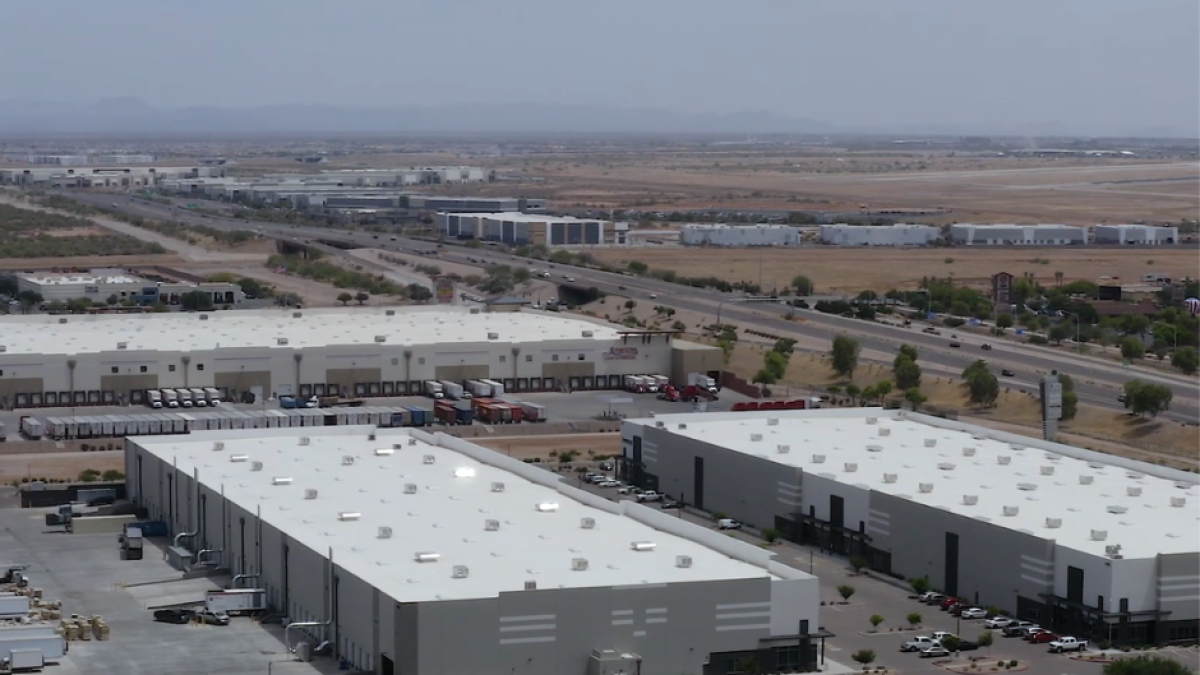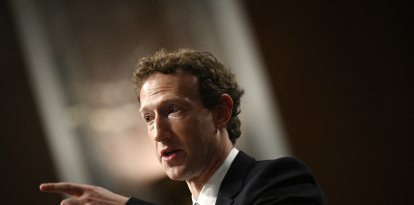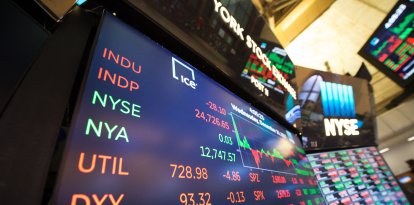Cuts, closures and new priorities: The green sector adapts to the Trump agenda
The end of federal aid for dozens of green initiatives has put climate start-ups in crisis. Other companies decided to focus on employee welfare and cost reduction, reducing their environmental policies.

Li-Cycle factory
They are lean times for the green sector. After the Biden administration's bonanza, with billions of dollars in benefits and subsidies, companies of all sizes are adopting strategies to cope with the cuts announced by the White House.
The latest as recently as Friday: the Department of Energy (DOE) canceled $3.7 billion in green subsidies authorized by the previous administration. The now-former recipients include everything from food company Kraft Heinz Co. to miner Nevada Gold Mines, according to a list compiled by Utility Dive.
In all, the department said it was reviewing 179 similar grants. Just weeks earlier, House Republicans introduced an initiative for the budget bill that cuts similar incentives, eliminating benefits for electric vehicles, home retrofits and renewable energy production.
Start-ups are the hardest hit. After a shaky 2024, Li-Cycle, a battery recycling company, got a loan from the Democratic administration, which its Republican successor then canceled. This year, it filed for bankruptcy. Heirloom, an atmospheric carbon capture company, announced staff cuts and canceled the construction of a plant.
Companies such as the International Recycling Group claim to have voluntarily withdrawn from agreements with the DOE. IRG likewise announced the cancellation of a project for a plant in Pennsylvania (although it disassociated the latter from the change in government funding).
A report from The American Clean Power Association (ACP) last week reveals, however, that private investments continued to grow in 2025, with "particularly strong" growth in Republican states.
The Republican states question
That's another point the Administration is trying to iron out to resolve the doubts within his own party over the Big Beautiful Bill. This impact may have to be taken into account by Trump: eight of the 10 states that grew the most in renewables earlier this year opted for his candidacy in the election, according to The American Clean Power Association.
An anticipated change
Companies anticipated changes after the end of the presidential election, with some preemptively reordering their priorities:
"As federal climate policies are anticipated to stall, environmental goals without an explicit tie to cost reduction or stakeholder expectations are expected to drop in priority relative to other areas of sustainability," concluded consulting firm BDO after talking to 500 CFOs of U.S. companies in various industries.
Its data, collected in the "2025 CFO Sustainability Outlook Survey," reflects that while climate change will lose importance, employee well-being and cost reduction will be the big focuses for companies.

Society
Supreme Court upholds oil railroad expansion in Utah, limiting an environmental law
Diane Hernández
Also, reducing the importance of green measures will be the change in official regulations, as, according to BDO, more than 30% of domestic companies are undertaking similar initiatives to follow Washington's lead. Although, with the White House stepping aside, they will have to look to Europe:
"U.S. companies are directly impacted by E.U. sustainability regulations, which continue to drive global compliance requirements regardless of changes in the U.S. administration."


























